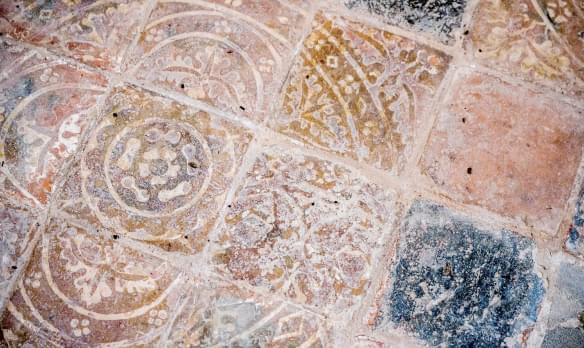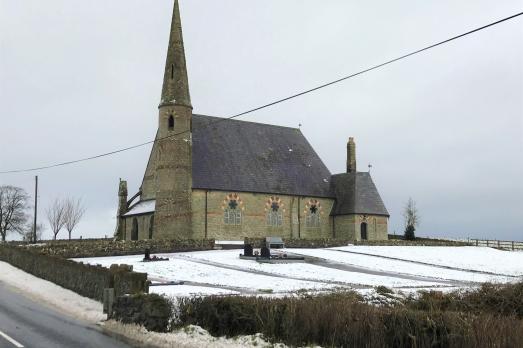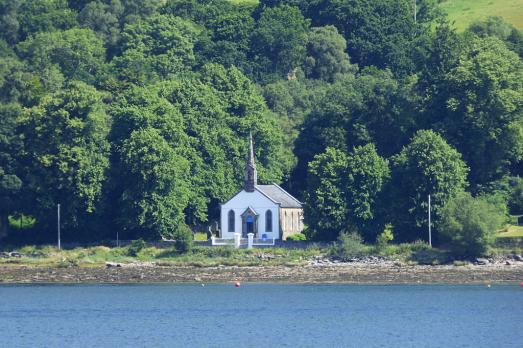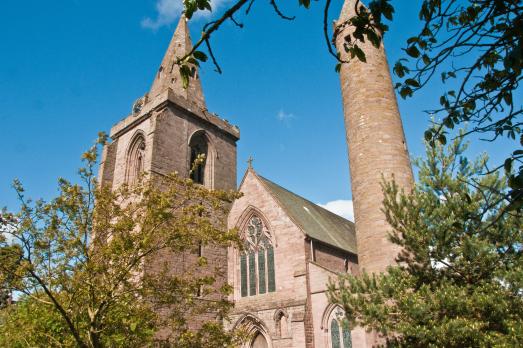
St Denys
St Dennis, Cornwall | PL26 8BA
A church set in ‘Clay Country’ 600ft above sea level on the site of an Iron Age fort and looking out towards Newquay and the north coast of Cornwall.
Search for a fascinating place to visit, or see the variety of churches, chapels and meeting houses we have supported.

St Dennis, Cornwall | PL26 8BA
A church set in ‘Clay Country’ 600ft above sea level on the site of an Iron Age fort and looking out towards Newquay and the north coast of Cornwall.

St Austell, Cornwall | PL25 4AT
We have supported this church

St Austell, Cornwall | PL25 5AE
We have supported this church

St Austell, Cornwall | PL25 5ET
We have supported this church

Ballyclog, County Tyrone | BT71 5LL
Ballyclog has centuries of Christian history, historic church ruins, a stunningly beautiful 'new' church opened in 1865 and friendly knowledgeable guides called The Friends of Ballyclog.

Colintraive, Western Isles | PA22 3AS
Nothing can be more peaceful to behold than the little church at Colintraive, situated by the shores of the Kyles of Bute, clearly visible from the sea against a dark background of trees.

Caputh, Tayside | PH1 4JJ
We have supported this church

Dungannon, County Tyrone | BT7O 3AF
The Church of the Assumption was built in 1952 and attracted the interest of conservationists because of its interior decoration.
We have supported this church
Newmills, County Tyrone | BT71 4DX
Tullanisken Parish, is located in Newmills just outside Dungannon, a great community village that is worth a visit.

Muasdale, Highland | PA29 6UX
A'Chleit church sits on a promontory north of the village of Muasdale on the west coast of Kintyre.

Mevagissey, Cornwall | PL26 6SX
The site upon which this little church is built has been holy ground for some 1400 years and it is known that around 550AD Saint Mevan and Saint Issey busied themselves in this neighbourhood organising the early Celtic church.

Brechin, Tayside | DD9 6JA
This ancient church has many unusual features. Perhaps most intriguing is the rare, 11th century conical tower.